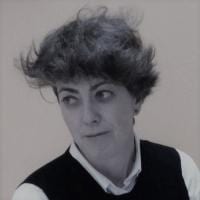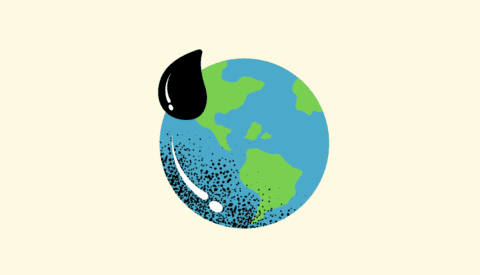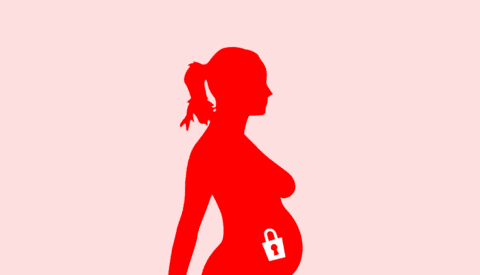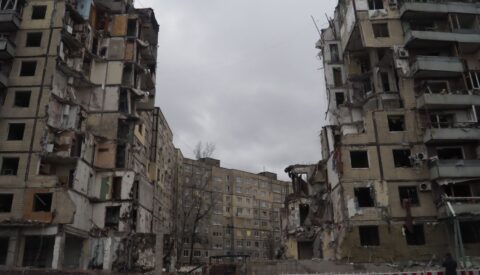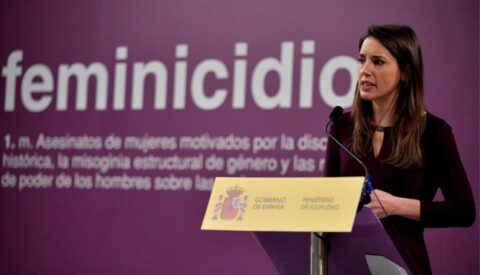Beyond Sexile: A Happier LGBTQ+ Reality Takes Root In Rural Spain
In contrast to the «sexile» of the past, LGBTQ+ people are living increasingly rural areas. Although everything is far from idyllic in the countryside, huge strides of progress have been made.
Article
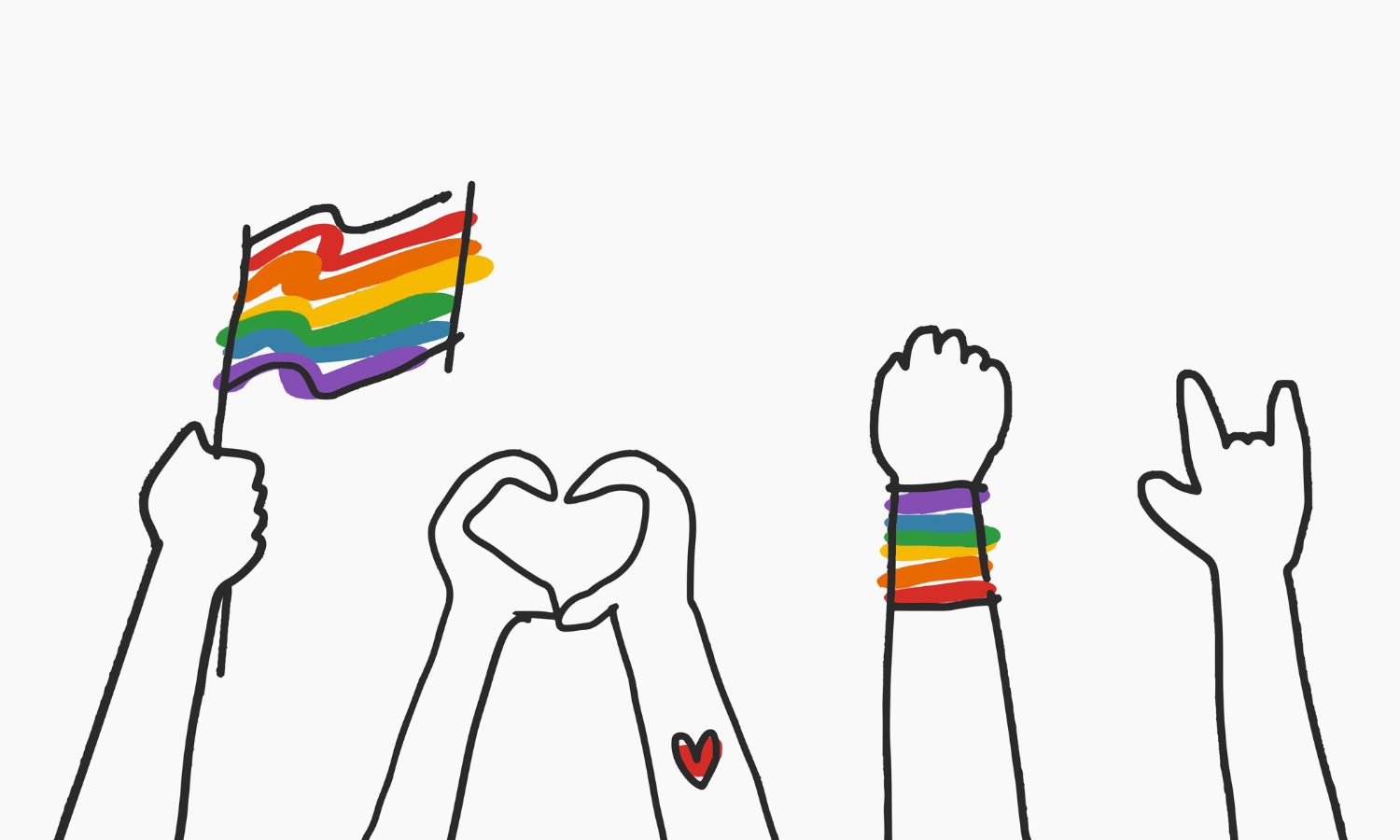
Article
Villages and small towns are no longer what it used to be for LGBTQ+ people. A few decades ago, LGBTQ+ people could only move to a big city if they wanted to live openly or connect with other people like them. ‘Sexile’ refers to a person who has to leave the place where they live when the degree of persecution, harassment or discomfort is too much.
According to the Andalusian Observatory against Homophobia, Biphobia and Transphobia, the main problems that plague LGBTQ+ people in Spain’s small towns are the constraints of heterosexuality and heteronormativity, societal control (gossip, denigrating nicknames, mockery…), a degree of overprotection because they are considered fragile or weak, internalized LGBTQ+ phobia, and self-esteem issues.
A few decades ago, LGBTQ+ people could only move to a big city if they wanted to live openly or connect with other people like them
Paulino D., from rural Spain, is 75 years old and example of someone who suffered because of his sexuality. «All my life I have lived in a village of about 500 inhabitants near Burgos, hiding the fact that I liked men», he said. «When I did my military service, they threw boiling oil on my back to make me a man. I had to go to the dive bars in Aranda to meet men, most of the time it was just quick kisses and the occasional fondling».
Paulino says life for a gay man in the countryside has left him with «the feeling of having been something foul, a pervert. That’s why I decided to come to a nursing home, where at least I am taken care of». But luckily, new stories are also being written in rural Spain.
Pride in the fields
Fortunately, there are other stories. In Barcenillas, a town in Cantabria with barely a hundred inhabitants, a couple of weeks ago tractors and cowbells were diverted from the fields to become floats. They were adorned with colorful ribbons, glitter and disco music during the second Agrogay festival in Cantabria, an initiative that gives visibility to the LGBTQ+ community in rural areas.
The village is, for a few days, the epicenter of pride, thanks to the work of the Cultural Association of Barcenillas, which organizes numerous recreational and awareness events, such as the parade of «transvestites» in albarcas, traditional Cantabrian footwear. Its president, Pedro José Gutiérrez, is pleased with the social progress made by the group, although he points out that «there are places in Cantabria where it is still not well regarded».
In Barcenillas, a town in Cantabria with barely a hundred inhabitants, a couple of weeks ago tractors and cowbells were diverted from the fields to become floats
In Aragon, the Towanda collective, which works to support sexual and gender diversity in the rural world, has developed a traveling exhibition touring small towns with texts, infographics and photographs to make the group more visible.
«We wanted it to be an open-air exhibition so that people can stumble on it… Something is changing in the rural world regarding the acceptance of LGBTQ+ culture, as shown by the fact that there has hardly been any vandalism in the exhibition, just some spray paint or stains that could be acts of hooliganism, rather than homophobia», explains Pepe Paz, head of the organization.
Still a long way to go
One of the changes that Paz notices is the return of LGBTQ+ people to their villages. Armando Rodríguez Agoiz from the same organization says: «With the publicity that is being given to the Empty Spain[campaign], and taking advantage of the initiative of so many people who, after the pandemic, decided to go to live in the countryside, we thought that the LGBTQ+ community also had the right to return to their villages and be received with respect».
Publicist Sandra Cruz and her partner, Mariví González, decided to move to Béjar, a municipality in Salamanca in the west of Spain with around 1,000 residents, when she inherited the family home. «Life in Madrid was overwhelming because of the financial cost, our incomes are unstable and, after much consideration, we decided to come here. At first, people were astonished that there were women who would happily make their homosexuality public, but after a while you’re just another person. It happens in every group, there’s the queer one, the weird one, the romantic one, the smart one, the large one, the handy one… then they’re all part of something more important than their peculiarities», she says.
Something similar happened to artist Aitor Sarabia, who moved to the Pasiegos Valleys in Cantabria in northern Spain a few months ago, where he weaves, paints and makes ceramics. «I left the rural environment where I grew up, surrounded by cowsheds and orchards, where there was no space for the LGBTQ+ community. I think it’s not much more inclusivenow, but there is more visibility, at last, and that has perhaps made certain areas less dangerous… for the LGBTQ+ community, but there is still a long way to go».
This content is part of a collaboration agreement of ‘WorldCrunch’, with the magazine ‘Ethic’. Read the original at this link.


